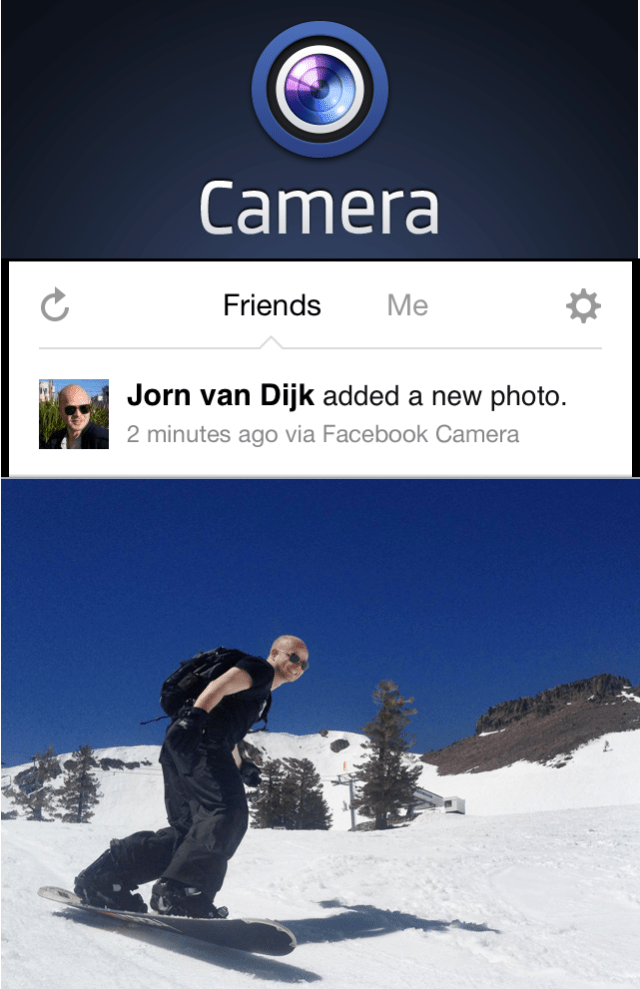Attracting top employees can be difficult for cash-strapped startups. So, in many cases, they give out company stock to supplement salaries that employees might feel is below-market.
Zynga followed that strategy. But now the CityVille and FarmVille maker apparently wishes it hadn't, according to a new report.
Zynga followed that strategy. But now the CityVille and FarmVille maker apparently wishes it hadn't, according to a new report.
Citing industry sources, The Wall Street Journal reported today that Zynga CEO Mark Pincus, along with his top executives, decided last year as they were preparing for an initial public offering (IPO) that they had given out too much stock to employees. But rather than accept that reality, the executives reportedly tried a different tactic: demand employees give back not-yet-vested stock or face termination.
In order to determine which employees would be asked to give stock back, Pincus and his executives tried to pinpoint workers whose contributions to Zynga--in the execs' eyes--didn't necessarily justify the potential cash windfall they could receive when the company went public, the Journal claims. One Journal source said that Zynga executives were especially concerned with not creating a "Google chef" scenario.
That reference relates to Google's 2004 IPO when one of the company's chefs, who was hired in the firm's early days, walked away with $20 million worth of stock after the shares went public.
After finding people to target, the Journal's sources say, Pincus offered his ultimatum. However, as one might expect, he faced some anger from employees who didn't believe they should be required to give back the stock. The Journal cited two employees--one who has left Zynga and another who still works with the company--who hired attorneys to reach a settlement that saw them give up some, but not all, of the unvested shares.
Although Zynga's decision might be met with some criticism, the firm's executives reportedly justified their strategy by saying it was best for the company. With the unvested shares, the executives believed they could attract more top talent with the promise of stock.
Speaking of stock, the public might soon have a chance to own part of the social-gaming company. Earlier this month, Bloomberg reported that Zynga was planning to go public after Thanksgiving. The company is expected to raise up to $1 billion in an IPO.
Zynga did not immediately respond to CNET's request for comment.










0 comments:
Post a Comment